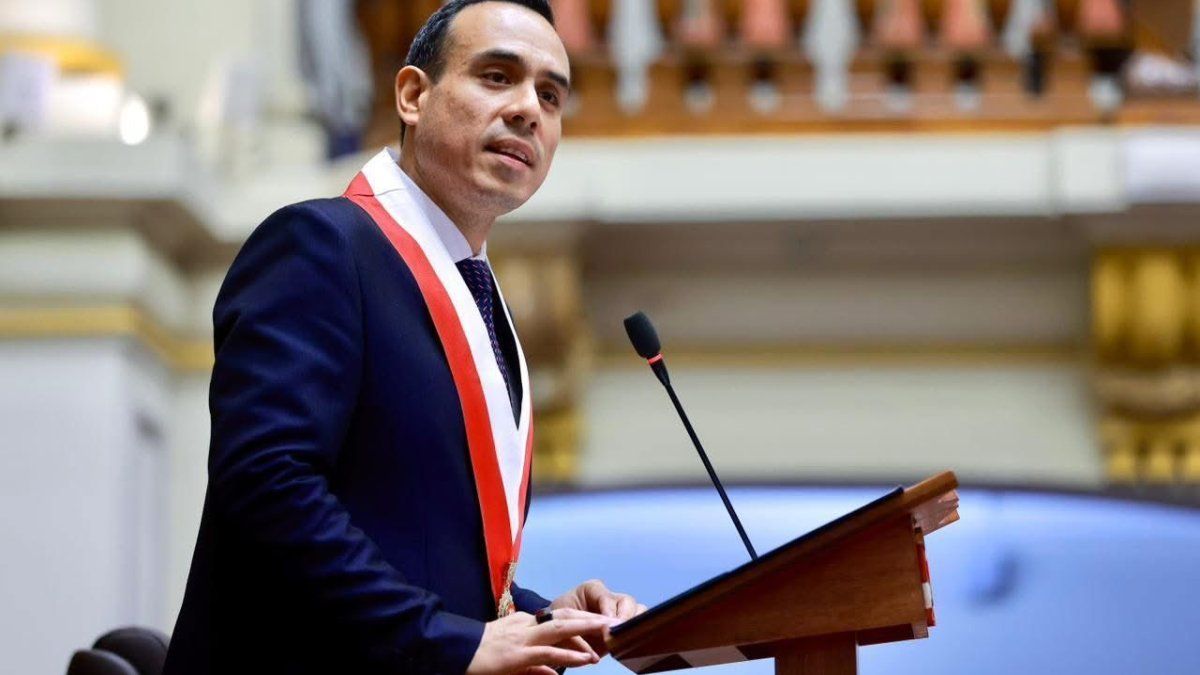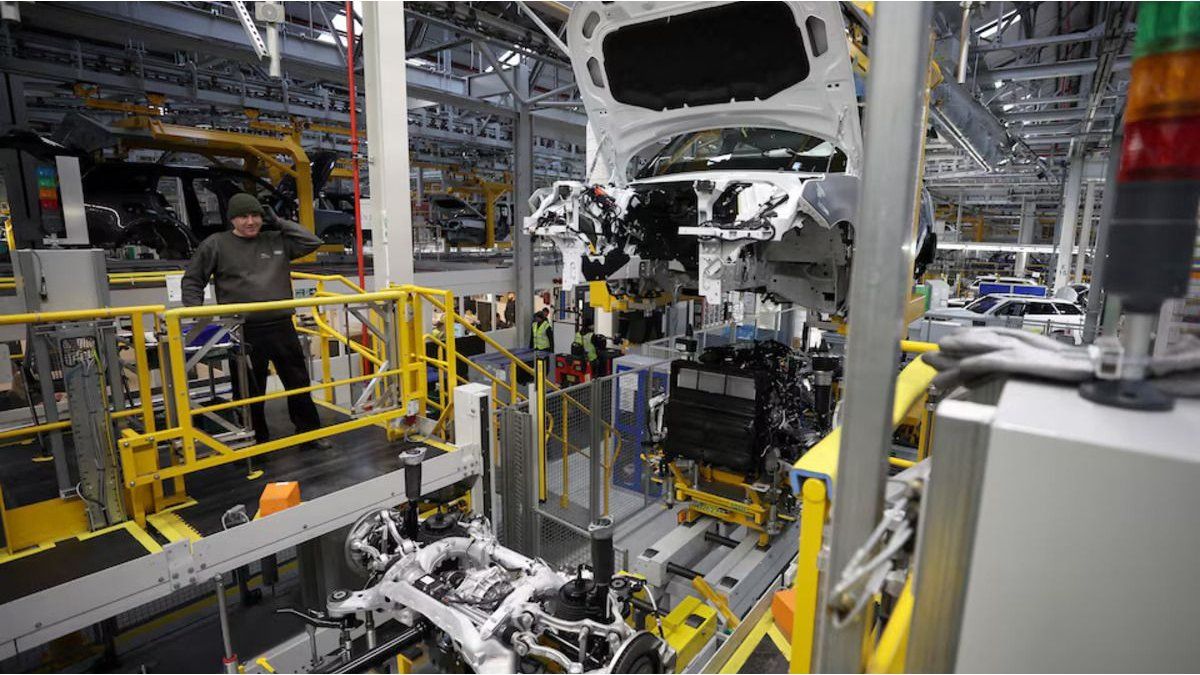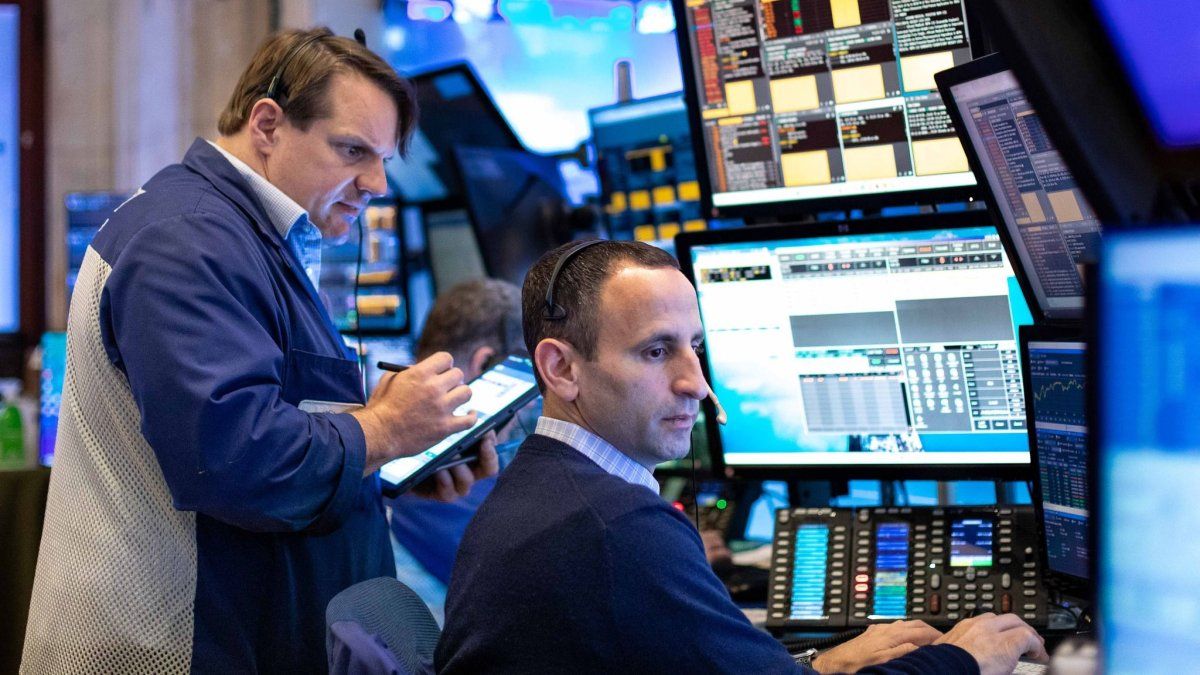For the Greens, the election in the smallest federal state was a defeat – things didn’t go well for the FDP either. Tensions are now emerging again for cooperation in the joint federal government.
After their slump in the elections in Bremen, the Greens are struggling with consequences for the coalition course in the federal government. Chairwoman Ricarda Lang made it clear that core projects such as climate neutrality would be retained. But the party must get better at connecting these issues to the “material core of social security,” she said on RTL/ntv on Monday. Calls came from the ranks of the Greens and the FDP for a sharper profile in the traffic light coalition. Bremen’s Mayor Andreas Bovenschulte wants to strengthen social cohesion more clearly after his SPD’s election victory and the increase in right-wing populist citizens.
The SPD clearly won the election in the smallest German state on Sunday. According to an official extrapolation by the state returning officer from Monday night, it rose to 29.9 percent and was ahead of the CDU, which achieved 25.7 percent. The Greens slipped from 17.4 percent in the 2019 general election to 11.7 percent. The Left achieved 11.2 percent, the regional party Bürger in Wut (BiW) received 9.6 percent, the FDP came to 5.2 percent. In view of the complicated electoral system, the provisional official final result should not be available until this Wednesday. A red-green-red coalition and an alliance of SPD and CDU would also be possible.
Tensions in the traffic light coalition in the federal government clear
After the losses of the Greens and FDP, tensions in the cooperation in the traffic light coalition in the federal government became clear again. “You have to be aware that the Chancellery is reluctant to grant the Greens success, and that is why an even clearer and tougher negotiating strategy is needed,” said Green MP Anton Hofreiter of the German Press Agency. “We have to make sure that the compromises we find are accepted by all sides.” He referred, for example, to the plans for more climate protection with heating systems.
FDP Federal Vice Wolfgang Kubicki told the dpa that his party had to be “much more noticeable” in the traffic light coalition. With a view to the demands of the Greens for more climate protection in road traffic and heating, he said: “People can rely on us that nonsensical proposals with the Free Democrats will not find a majority in the German Bundestag.”
Bovenschulte announced that he would not only talk about an alliance with the Greens and the Left, but also with the CDU. He spoke of a “terrific result” for his SPD, which has been the mayor for almost 80 years. CDU top candidate Frank Imhoff said his party was ready for exploratory talks with the SPD. “Of course we want to be involved.” Greens top candidate Maike Schaefer spoke of a bitter result and said she was not afraid to take responsibility. But the coalition wants to continue.
In view of the strong performance of the citizens, Bovenschulte said in anger that the need for security had to be taken into account even more. “By that I mean not only internal security and order, but above all the question of social security, that you feel safe in society,” he told the dpa. The right-wing populist voter association, which was still 2.4 percent in 2019, benefited from the fact that the AfD was not allowed. The reason was that she had submitted two competing electoral lists.
Source: Stern
I have been working in the news industry for over 6 years, first as a reporter and now as an editor. I have covered politics extensively, and my work has appeared in major newspapers and online news outlets around the world. In addition to my writing, I also contribute regularly to 24 Hours World.




